Don’t wait until you’re forced to do the right thing
Volkswagon is the latest organization to be pushed into action by an investigation from China’s state-run TV broadcaster, China Central Television.
While reports indicate that Chinese investigators have been looking into issues with gearboxes from several German automakers since around this time last year, VW announced a massive recall just days after a damning report aired on CCTV.
The following quote, from a Wall Street Journal article, has more details:
The recall follows allegations against Volkswagen by China’s national state-run television broadcaster, China Central Television. In a program held late Friday in honor of World Consumer Rights Day, CCTV accused Volkswagen of selling cars with substandard direct-shift gearbox systems, causing acceleration problems and car accidents for an unspecified number of consumers.
While it’s always a good thing when an organization recalls product in order to enhance consumer safety, it doesn’t look nearly so positive, reputation-wise, when its hand is forced by anyone, be it media, government, or consumers themselves.
If you want to avoid the reputation damage that inevitably comes along with widespread recalls and exposes like the one CCTV ran on VW, then do the right thing when you spot a problem.
Er, what’s that again?
It’s simple, fix it, BEFORE someone makes you! Would you want to drive a car that might suddenly fail? Of course not. So why would you expect consumers to be just fine with it?
We say this all the time because it really does apply that well to just about every aspect of crisis management – treat others the way you would like to be treated, and watch your reputation climb.
Of course, you can always choose to treat your stakeholders like they’re wallets with legs, but don’t complain when they walk their money elsewhere.
——————————-
For more resources, see the Free Management Library topic: Crisis Management
——————————-
[Jonathan Bernstein is president of Bernstein Crisis Management, Inc., an international crisis management consultancy, author of Manager’s Guide to Crisis Management and Keeping the Wolves at Bay – Media Training. Erik Bernstein is Social Media Manager for the firm, and also editor of its newsletter, Crisis Manager]












